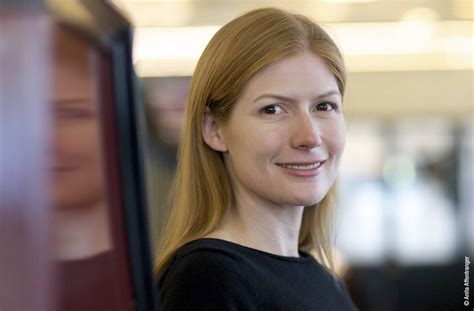A Quote by Maile Meloy
The role of the human brain was to rationalize suffering.
Quote Topics
Related Quotes
Most of our brain cells are glial cells, once thought to be mere support cells, but now understood as having a critical role in brain function. Glial cells in the human brain are markedly different from glial cells in other brains, suggesting that they may be important in the evolution of brain function.
In my experience, you always think you know what you're doing; you always think you can explain, but you always discover, years later, that you didn't and you couldn't. This leads me to suspect that the principal function of human reason is to rationalize what your lizard brain demands of you. That's my idea.
To draw an analogy: a man's suffering is similar to the behavior of a gas. If a certain quantity of gas is pumped into an empty chamber, it will fill the chamber completely and evenly, no matter how big the chamber. Thus suffering completely fills the human soul and conscious mind, no matter whether the suffering is great or little. Therefore the "size" of human suffering is absolutely relative.
As human, we all have the same human potential, unless there is some sort of retarded brain function. The wonderful human brain is the source of our strength and the source of our future, provided we utilize it in the right direction. If we use the brilliant human mind in the wrong way, it is really a disaster.
The suffering of either sex - of the male who is unable, because of the way in which he was reared, to take the strong initiating or patriarchal role that is still demanded of him, or of the female who has been given too much freedom of movement as a child to stay placidly within the house as an adult - this suffering, this discrepancy, this sense of failure in an enjoined role, is the point of leverage for social change.





































